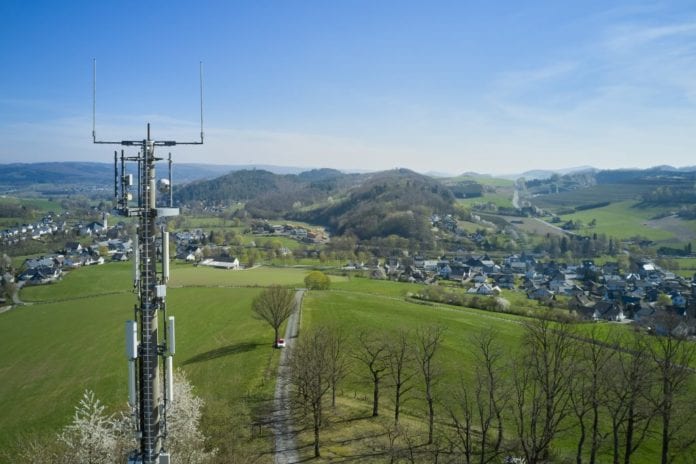Vodafone Germany’s 5G network is currently available to more than 45 million people across the country, the telco said in a release.
The company had previously said it aimed to service over 30 million people with 5G in Germany by the end of 2021. The telco also said that its 5G network is expected to be available to 60 million people by 2023.
Vodafone said that a total of 18,000 5G antennas at 6,000 locations are now live in the company’s network. The telco noted that it had tripled the number of 5G base stations nationwide during last year.
The company had previously said that the entire 5G network will rely on Standalone architecture by 2023.
Last year, Vodafone Germany launched its 5G Standalone (SA) network in partnership with Ericsson, Nokia, Qualcomm and OPPO. “We are building 5G as an independent real-time network,” said Vodafone CEO Hannes Ametsreiter. “By 2023, Vodafone will reach more than 60 million people with 5G at home. The modern 5G standalone variant is then also directly available for all users.”
For the 5G expansion, Vodafone is relying on frequencies in the 3.6 GHz, 1.8 GHz and 700 MHz bands in large urban areas, residential areas and suburbs, and rural areas across Germany.
Vodafone previously said that it was installing new 5G antennas from technology partner Ericsson in its 5G network, which transmit data in a significantly more energy-efficient manner. In comparison to previous antenna technology, around 40% energy can be saved in the transmission of data. Vodafone has been testing 150 of these 5G antennas and aimed to convert 900 5G antennas to this energy-saving technology by the end of the current financial year.
Vodafone Germany said that it will be operating a total of ten 5G data centers by 2023, with the aim of managing the new 5G SA network. The first data center is already operational in Frankfurt, while new 5G data centers in Berlin and Munich will go online later this year. The other 5G data centers will follow by 2023.
In Weissach, Vodafone recently fully equipped the first development center for the automotive industry with 5G standalone technology. Vodafone, Porsche and Here are working on a feasibility study on a real-time warning system for cars so that drivers are warned of potential obstacles that are not even visible to them.
Vodafone initially launched its 5G network in Germany in 2019, on 3.5 GHz frequencies that it acquired from Telefónica in 2018.

